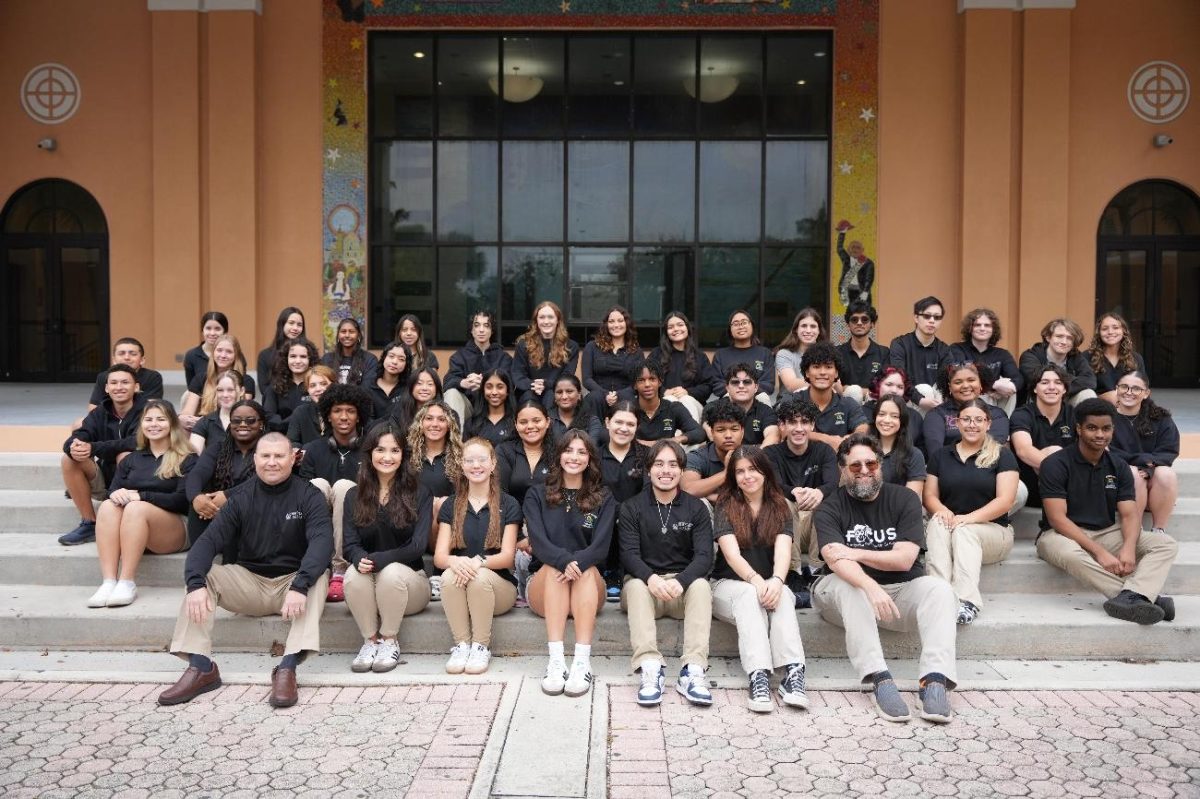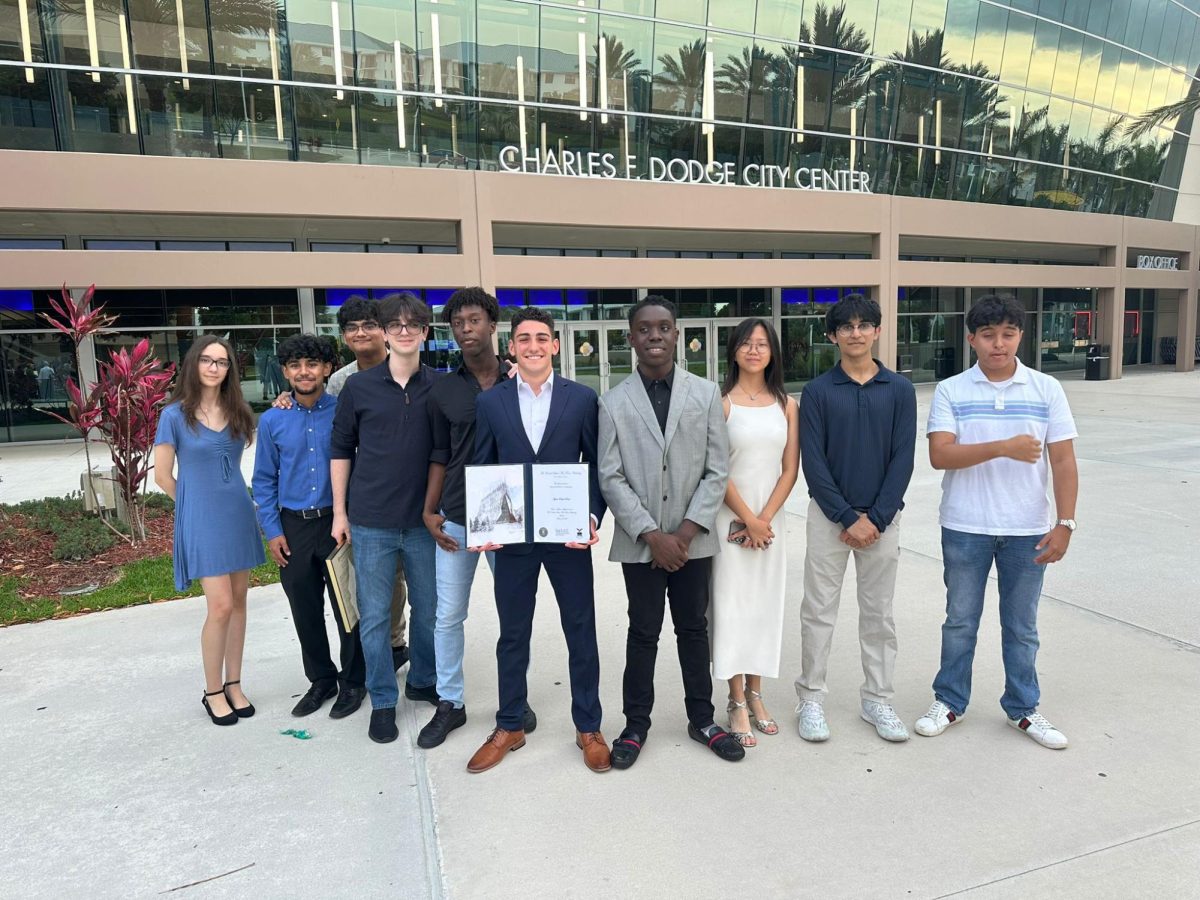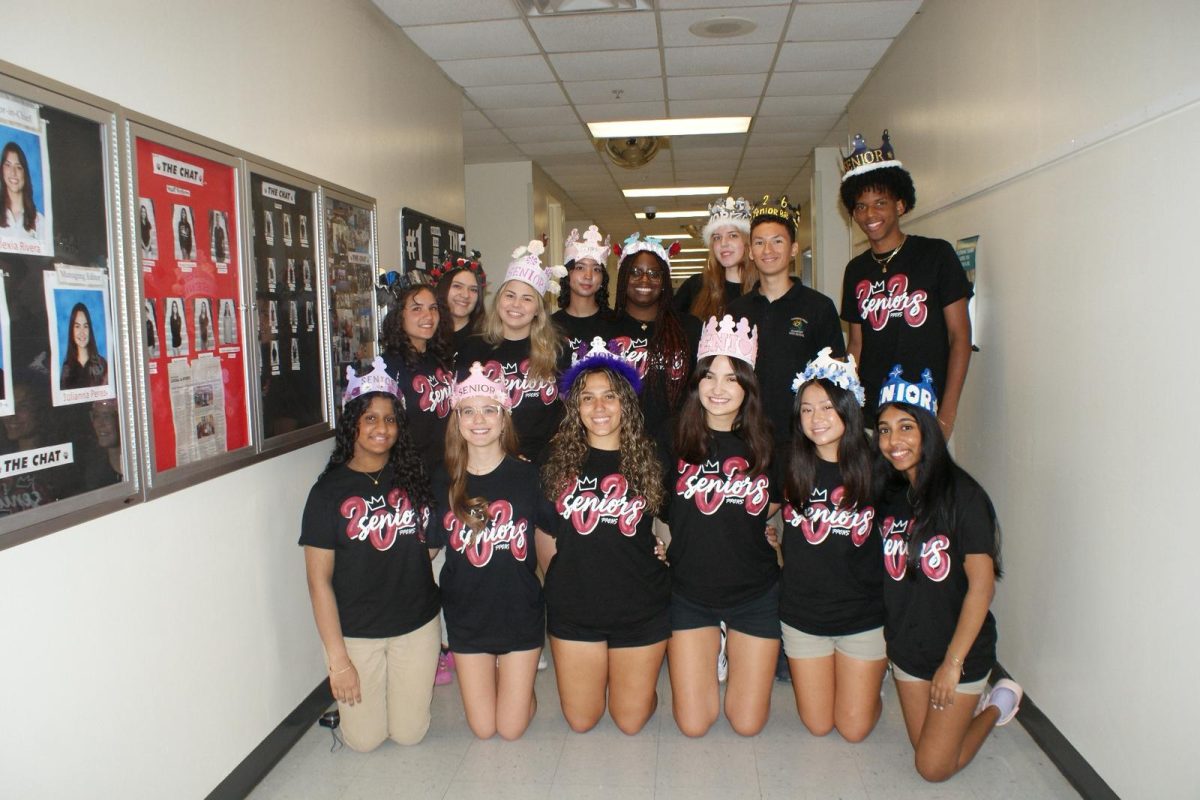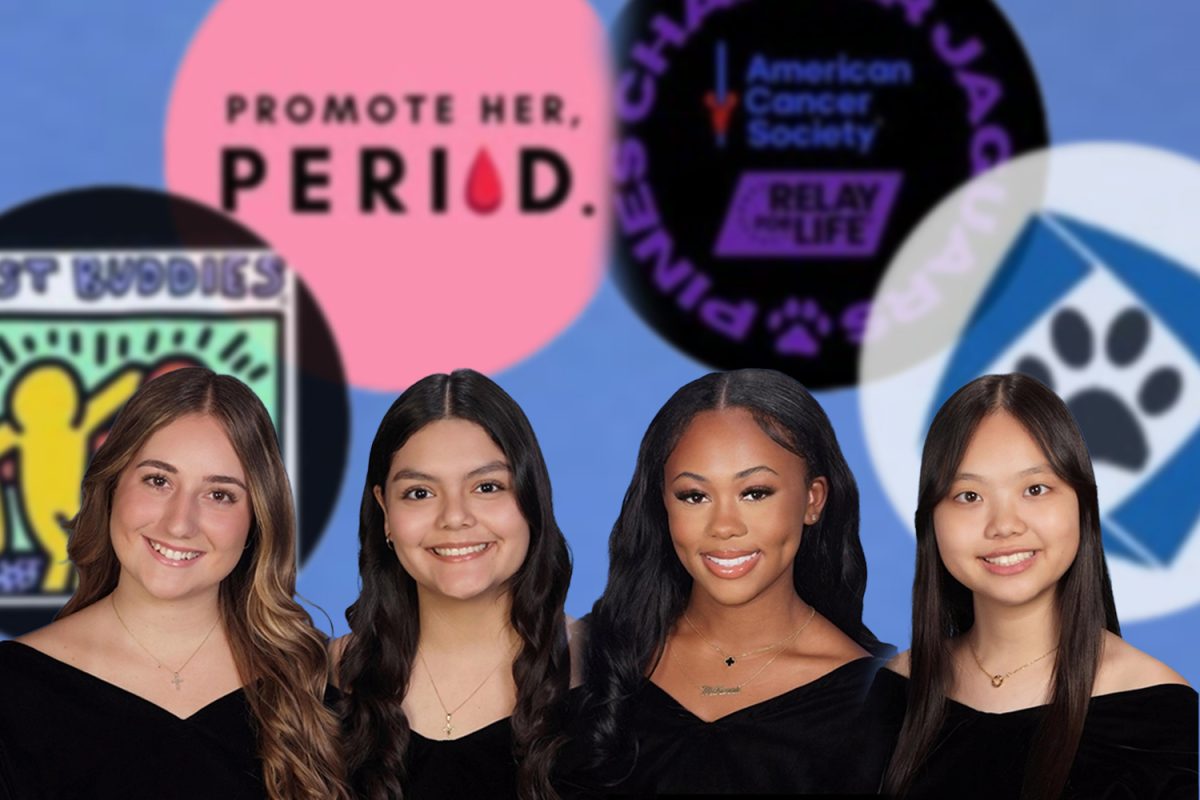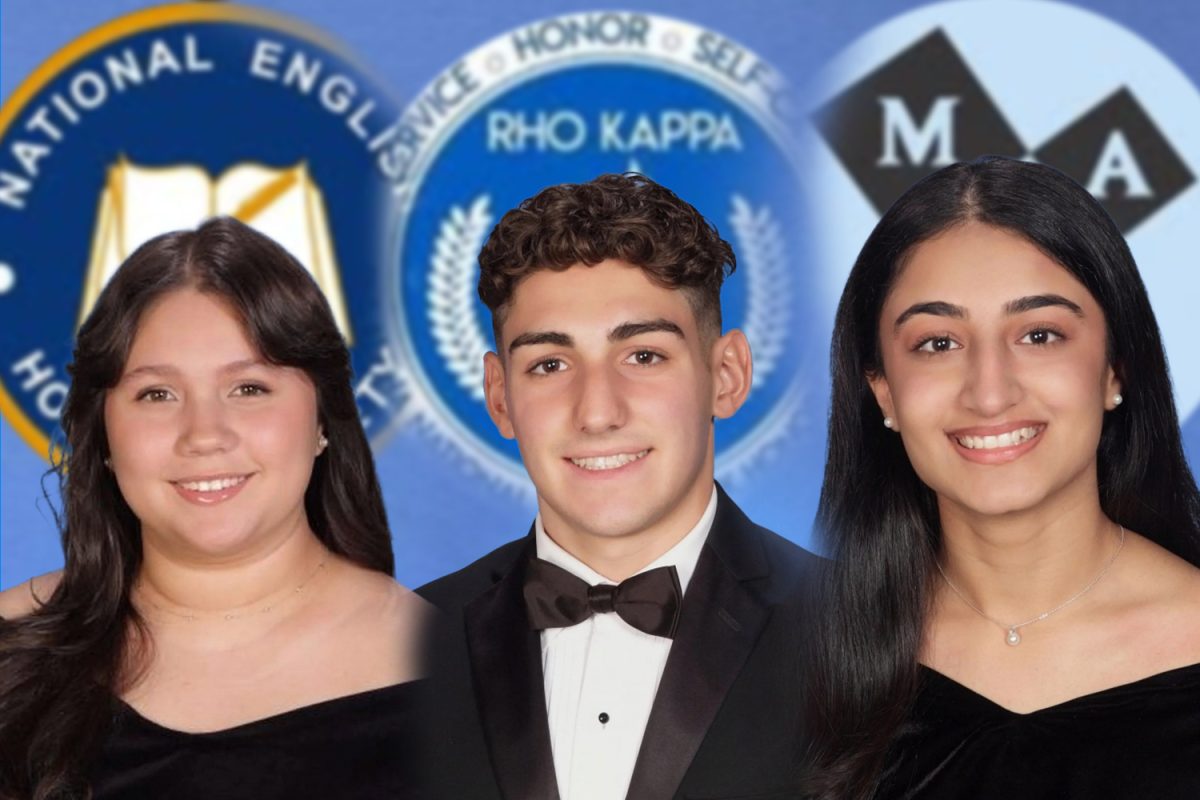Over the past month, protests have erupted on many college campuses, catching the attention of the whole nation. These demonstrations surround the ongoing conflict between Palestine and Israel, and over 90 prominent colleges in the US have been impacted. Since April 18th, more than 3,000 arrests have been made at college protests and encampments.
Controversy has erupted around this issue as colleges struggle to find the balance with free speech and freedom to assembly, as well as safety concerns. These protests come as the Israel-Hamas conflict continues in intensity, with the casualty count reaching over 37,000 people.
Both Pro-Palestinian and Pro-Israeli protests have been surfacing on several college campuses. With two very conflicting views, many of these protesters have turned violent and clashed, resulting in police intervention. A prime example is at UCLA when around 50 Pro-Israeli counter protesters stormed a barricade made by Pro-Palestinian protesters, throwing fireworks into the encampment and starting fistfights. Police arrived two hours later to separate the groups.
These demonstrations originated at Columbia University. After the disbandment and arresting of 100 protesters who set up an encampment, including the daughter of Democratic U.S. Rep. Ilhan Omar, the amount of protesters exponentially grew as Columbia was forced to cancel its in-person classes. This encouraged many students from other campuses to do the same, as police were called to disband protests at Yale and the University of Texas.
Soon after, Columbia administrators made a deadline for protesters to clear the encampment. However, many dug in and refused, saying they would leave when the college agreed to divest from ties with Israel and other companies supporting the war. As Columbia cracked down on these protests, students took over a building on the Columbia campus called Hamilton Hall, barricading the entrance and not letting anyone in. Hours later, the police were called in full riot gear to clear the dozens of people in the building.
As a result of these protests, colleges such as Columbia University and the University of Southern California (USC) have officially canceled their school wide graduation ceremonies. Columbia University has stated, “These past few weeks have been incredibly difficult for our community. We are looking at the possibility of a festive event on May 15 to take the place of the large, formal ceremony.” This statement caused outrage among many college students who now find themselves derived from celebrating their achievements.
Charter sophomore Volga Ozturan also expressed his thoughts on the issue, saying that these college students deserve a graduation ceremony. “College is a one time experience, especially at such prestigious schools, [and] graduation is just being discarded like some class party. The universities should do everything in their power to [keep graduation].”
With the continued arrests of protesters, many college protesters feel as if their freedoms of assembly and free speech are being violated. To address this issue, the Free Speech Center at Middle Tennessee State University has investigated this topic and concluded that protesters cannot be punished for their speech. Racist, anti-Semitic, Islamophobic, and hate speech are all protected under the First Amendment.
However, protesters can be punished for their actions, with most of the protesters arrested having been charged with trespassing or refusing to follow police instructions to remove tents. Public universities have the right to dictate when and where demonstrations occur, in turn allowing them to ban encampments on university grounds.
These protests have rocked campuses across the nation, raising concerns regarding free speech and safety. This may easily shape the future of campus activism and how protests are conducted and handled on college campuses.















































![Varsity Volleyball Senior Abigail Reyolds [left] standing alongside her fellow teammate and captain of the team Senior Sophia Peterseil before their game.](https://ppchsnews.com/wp-content/uploads/2025/10/ABBY-AND-SOPHIA-COVER-1200x673.jpg)






